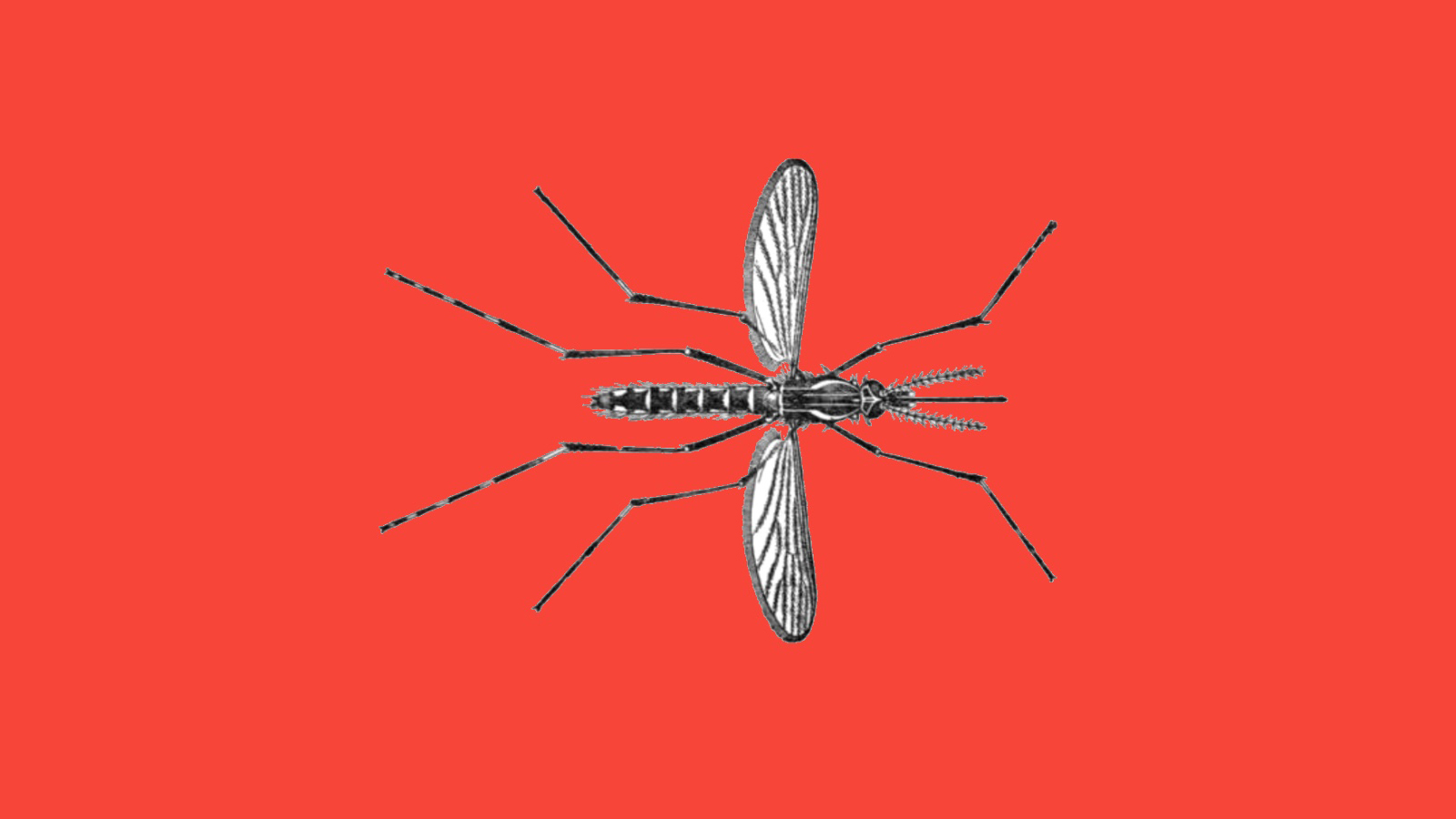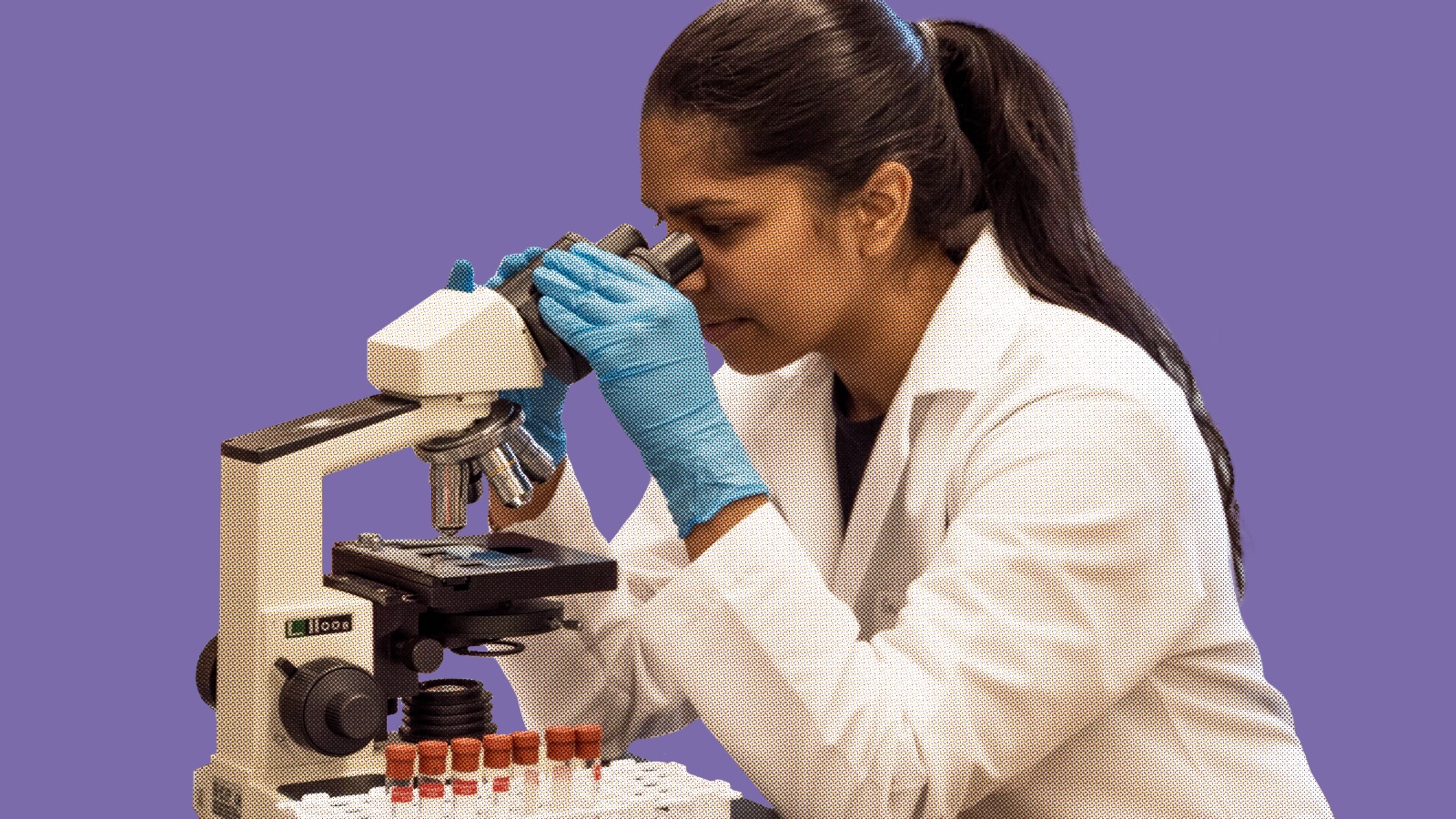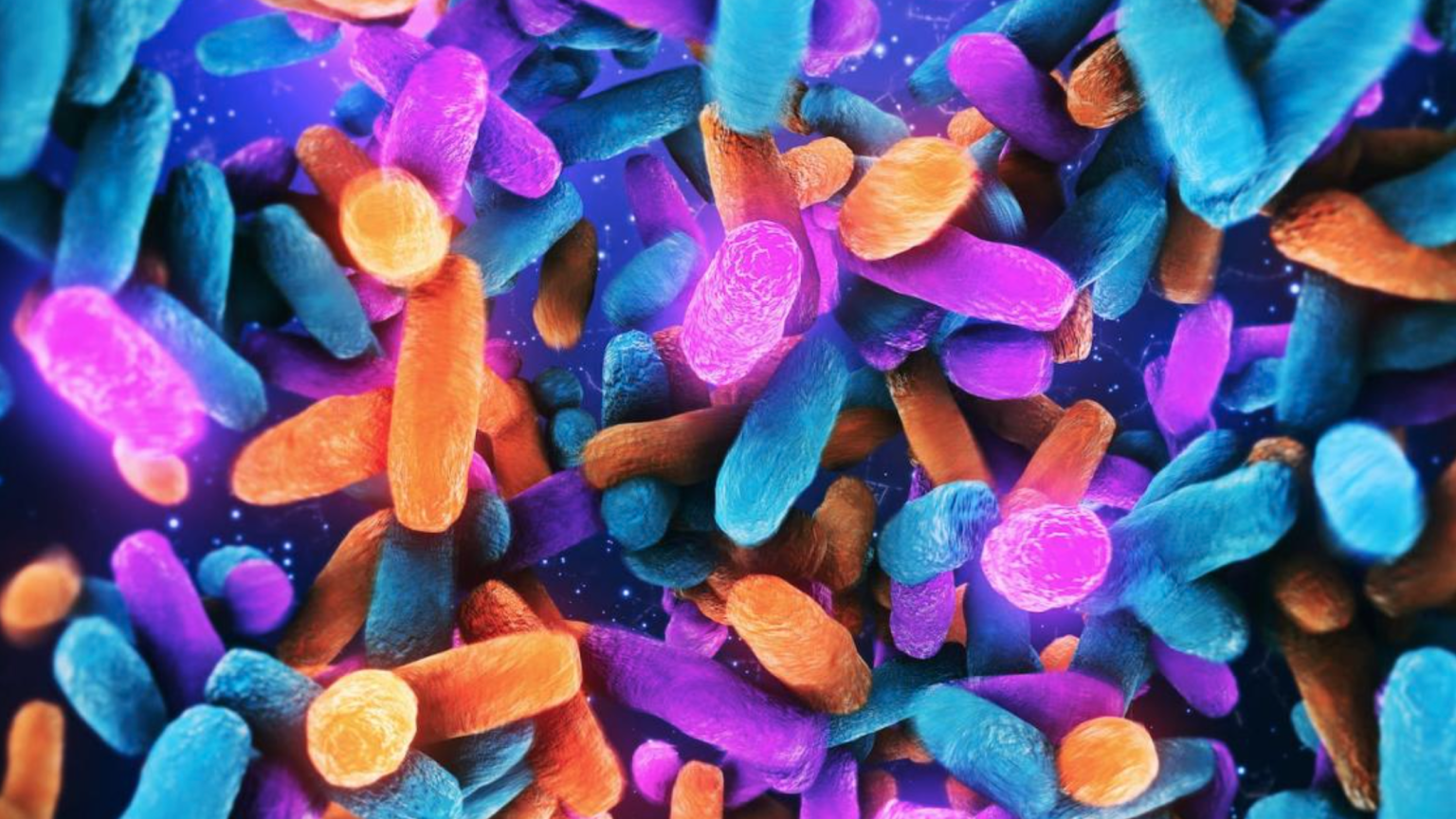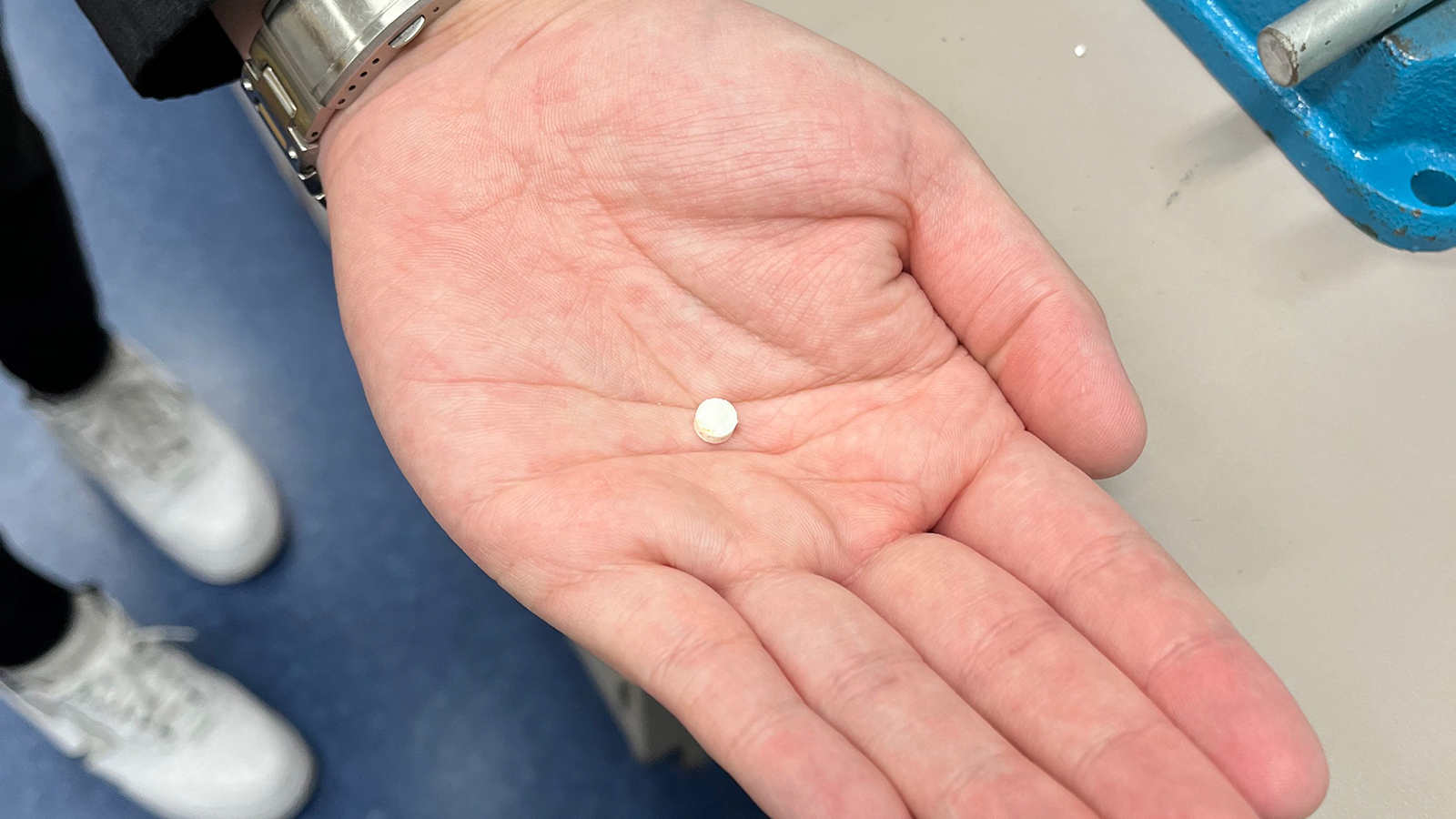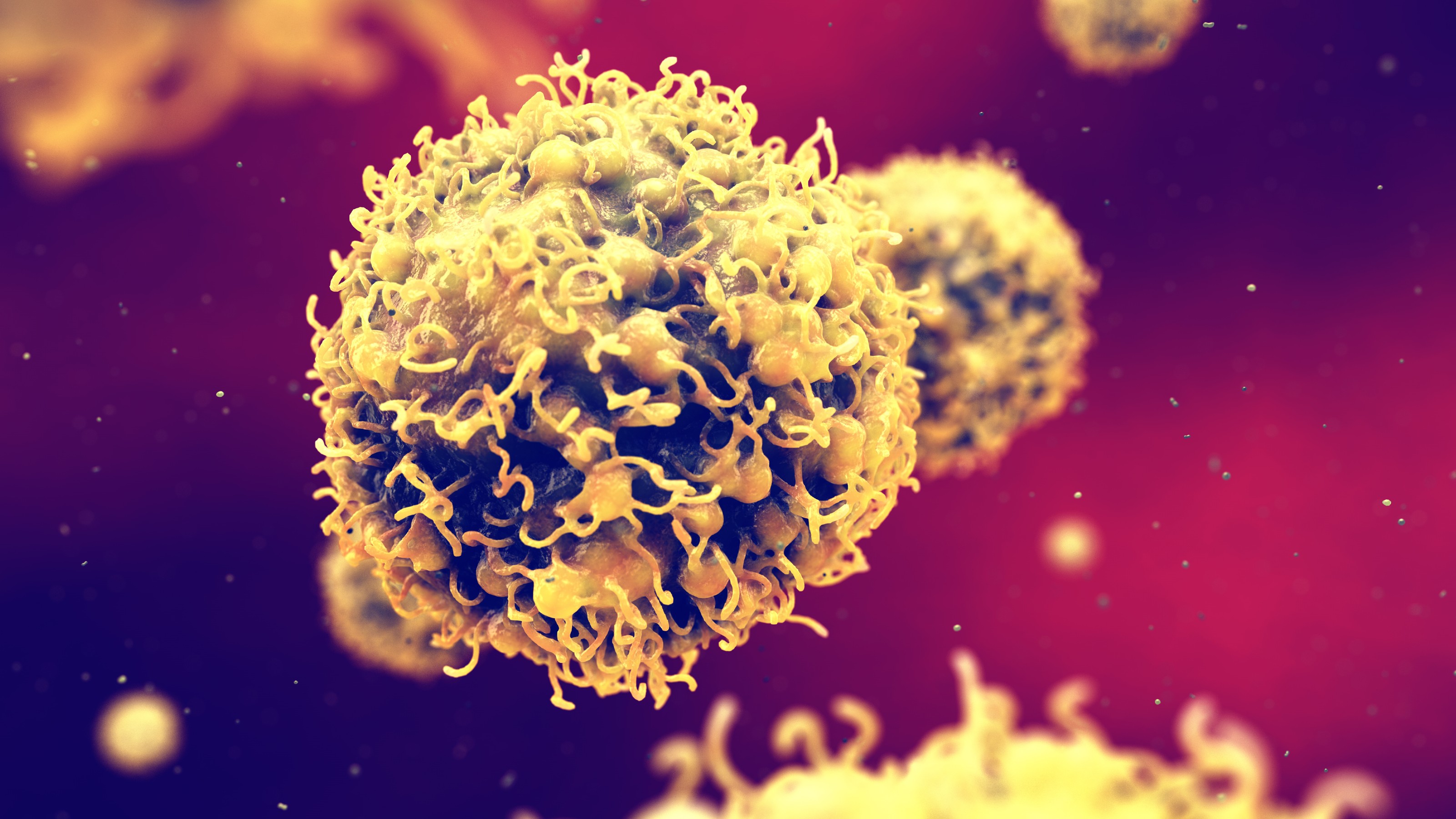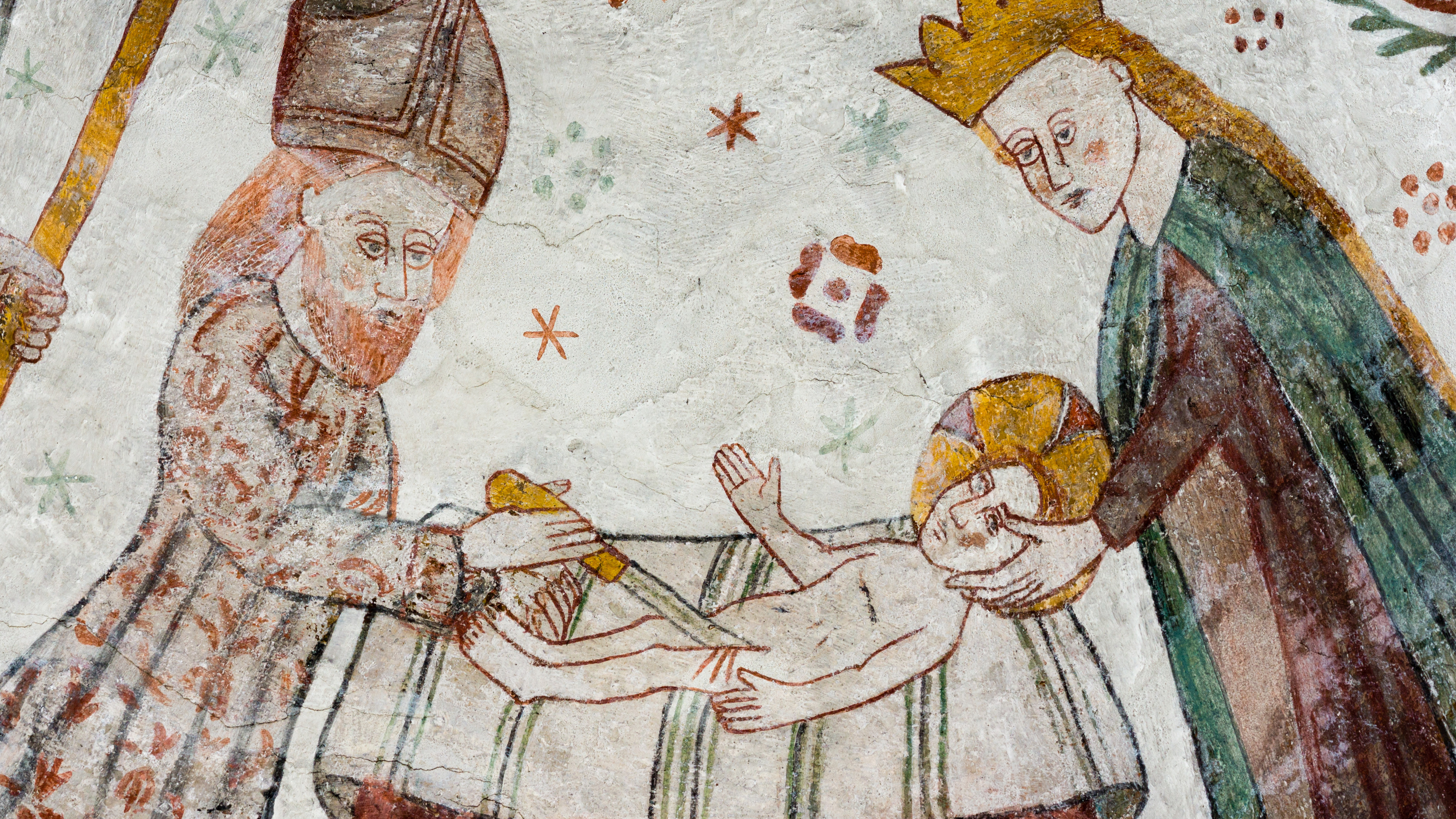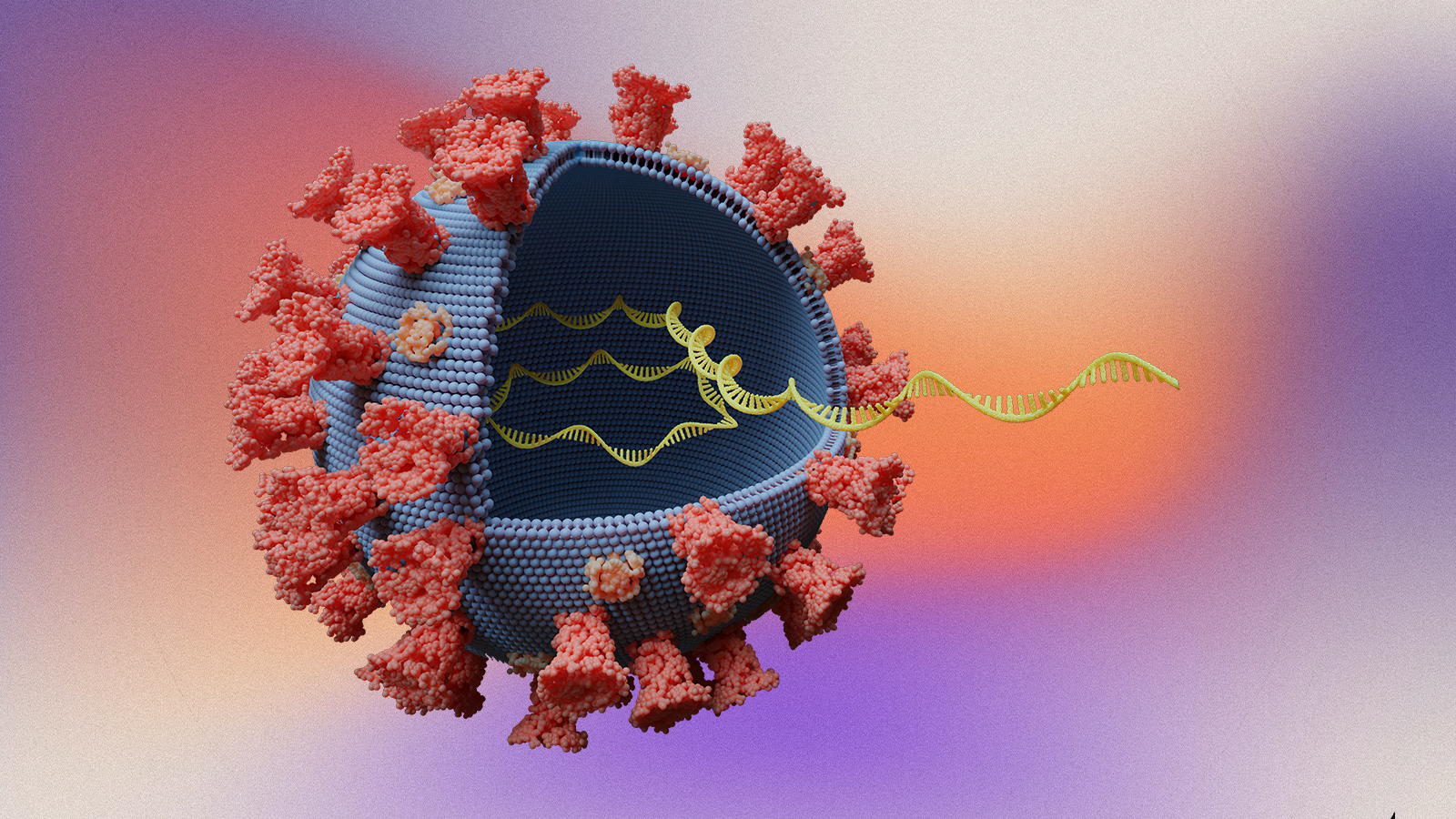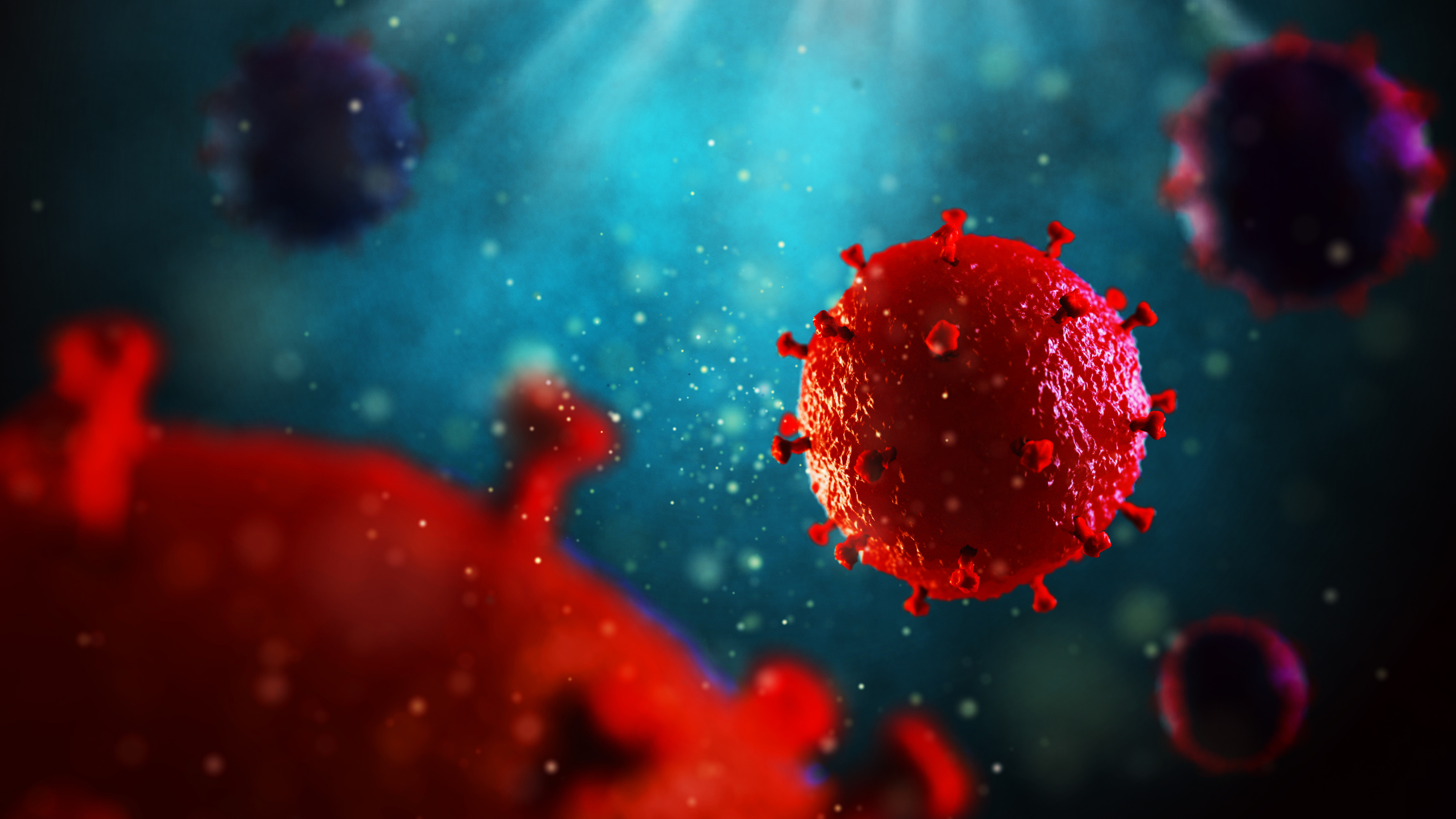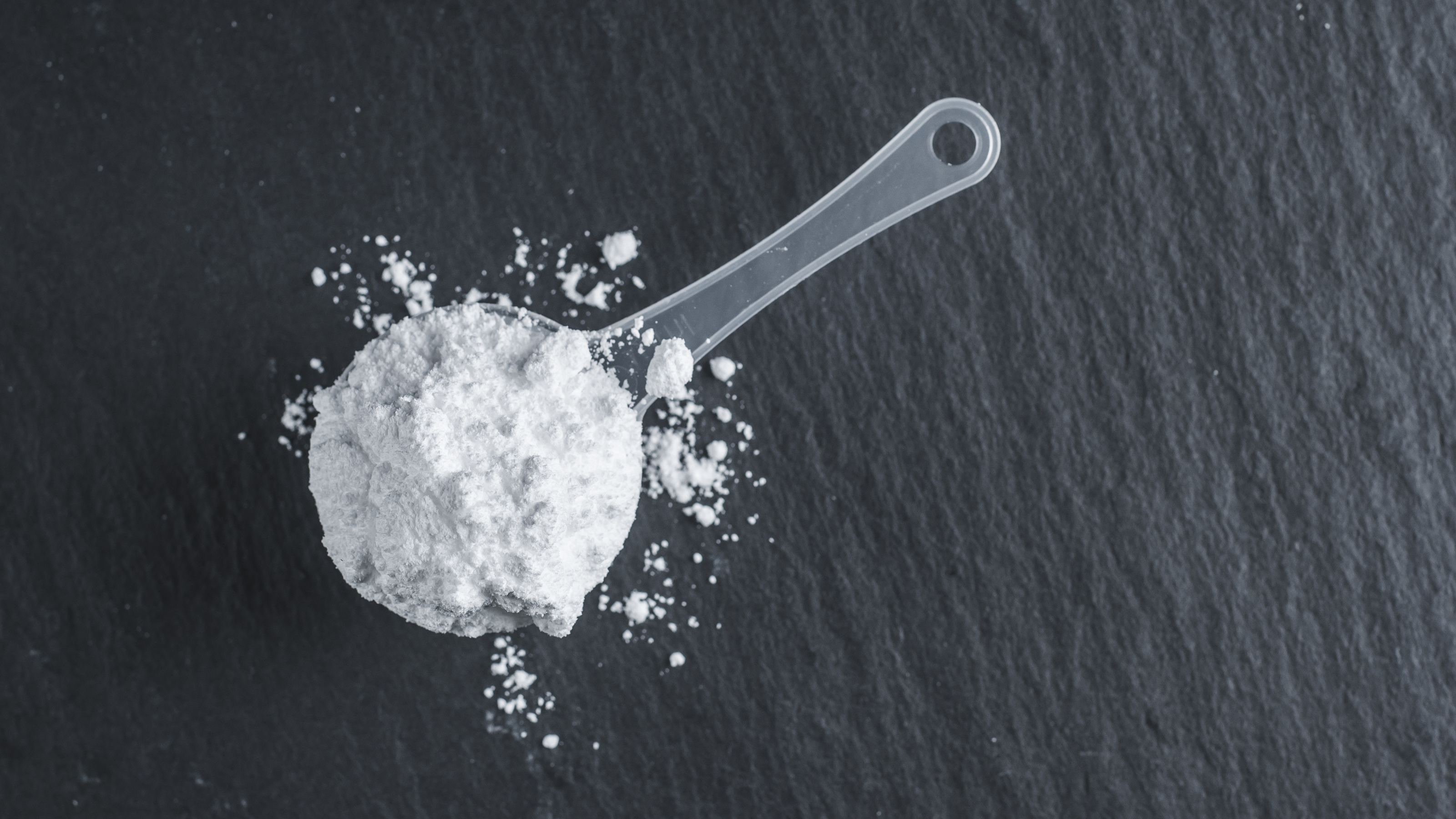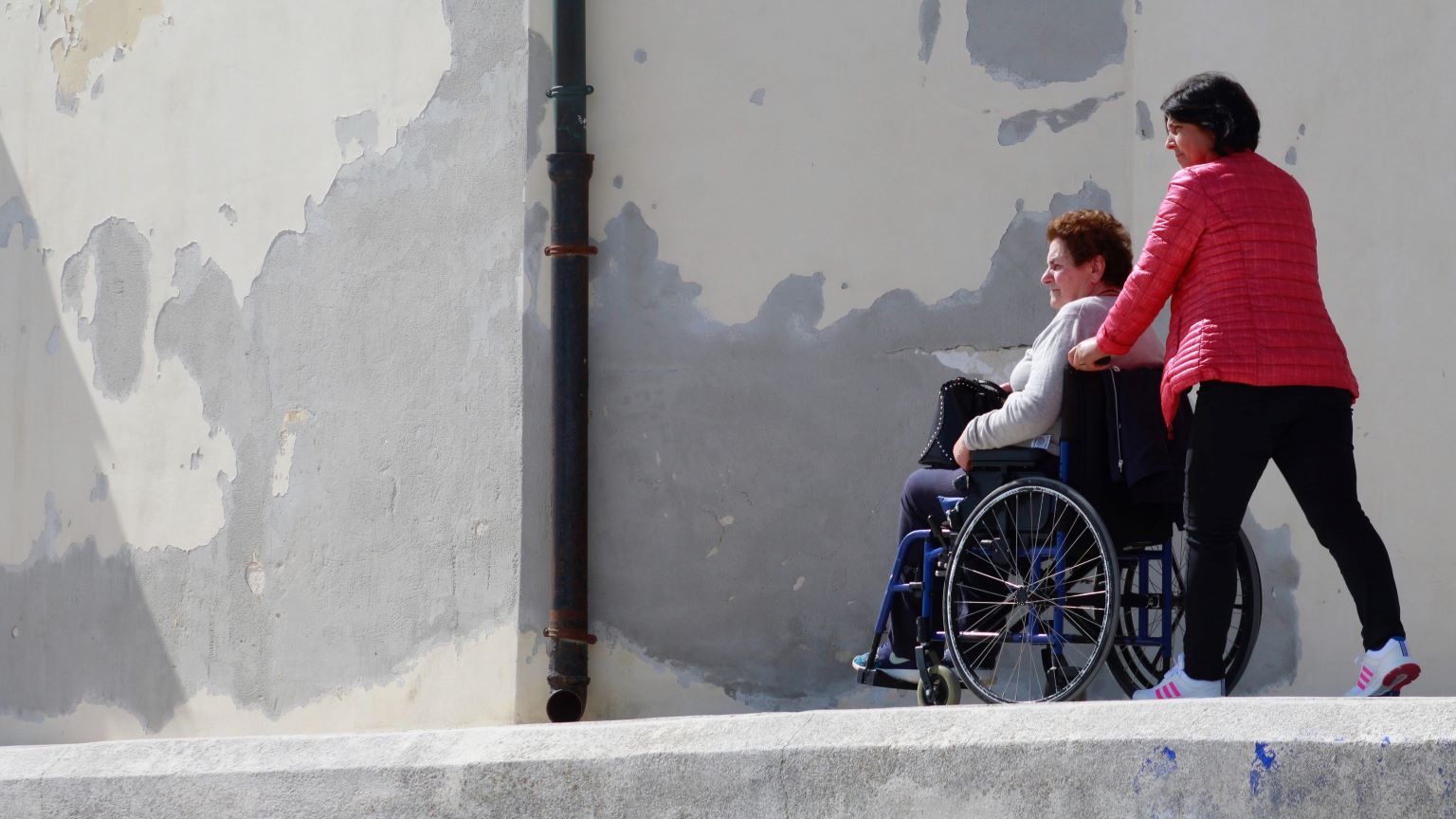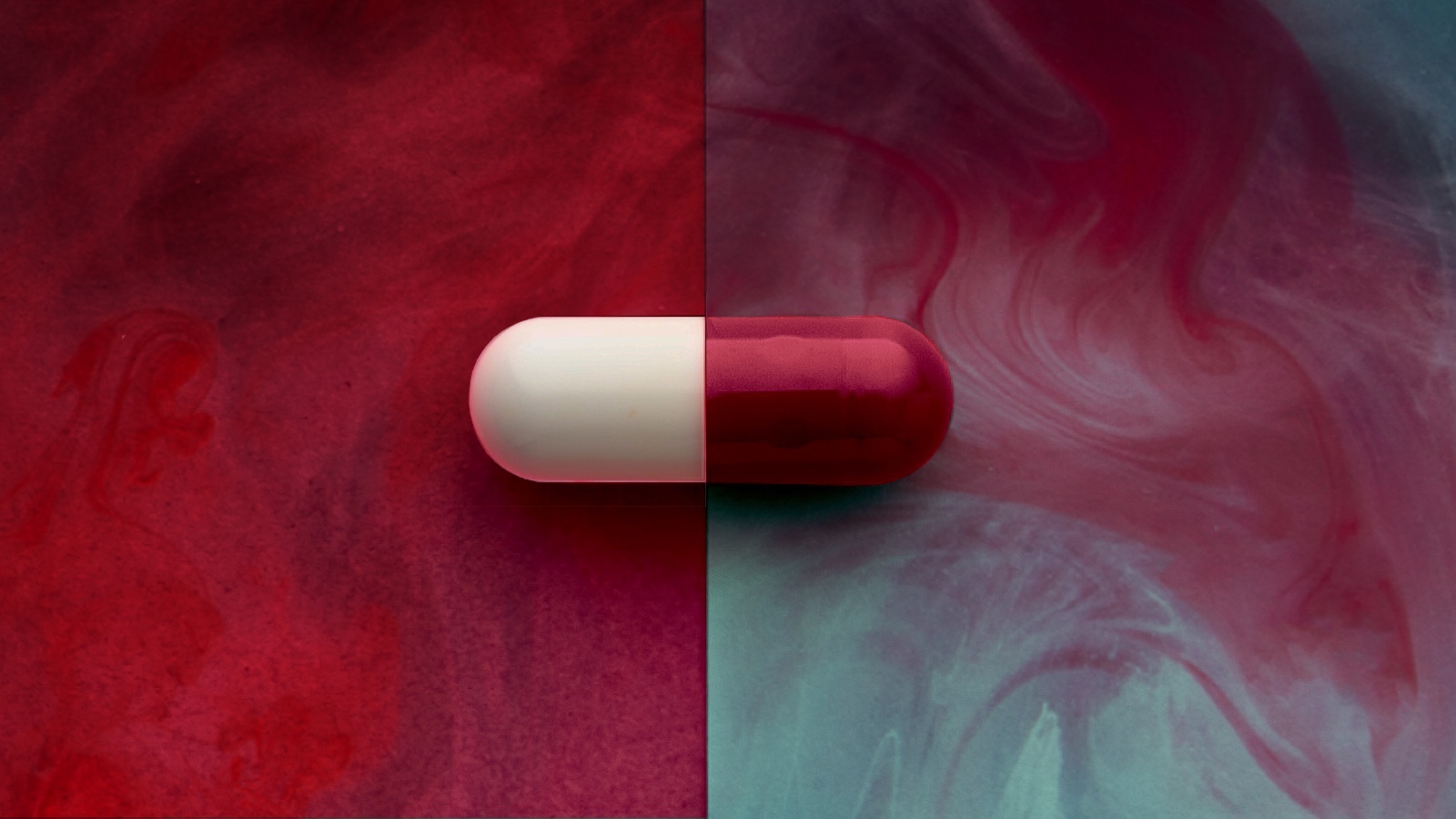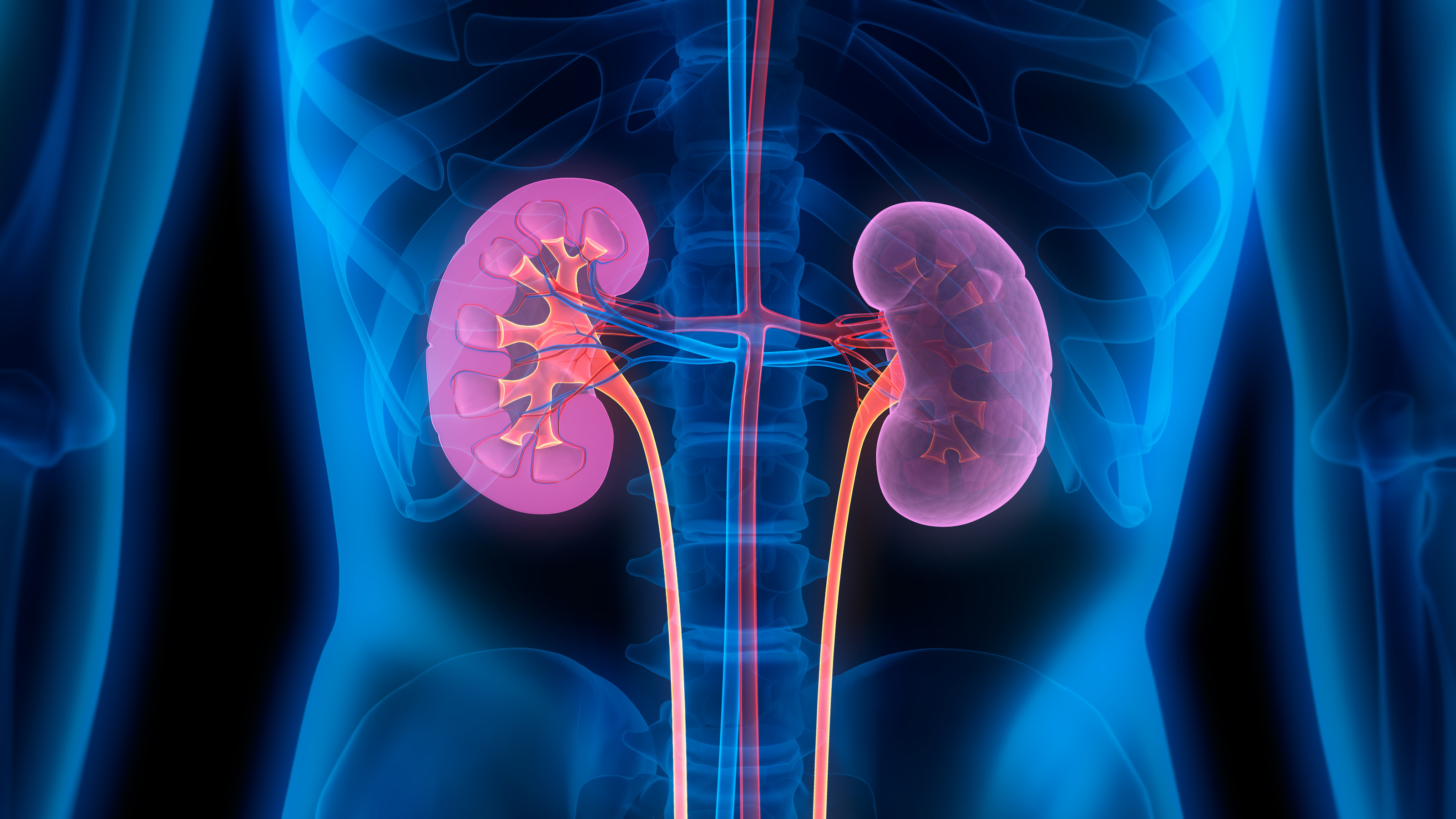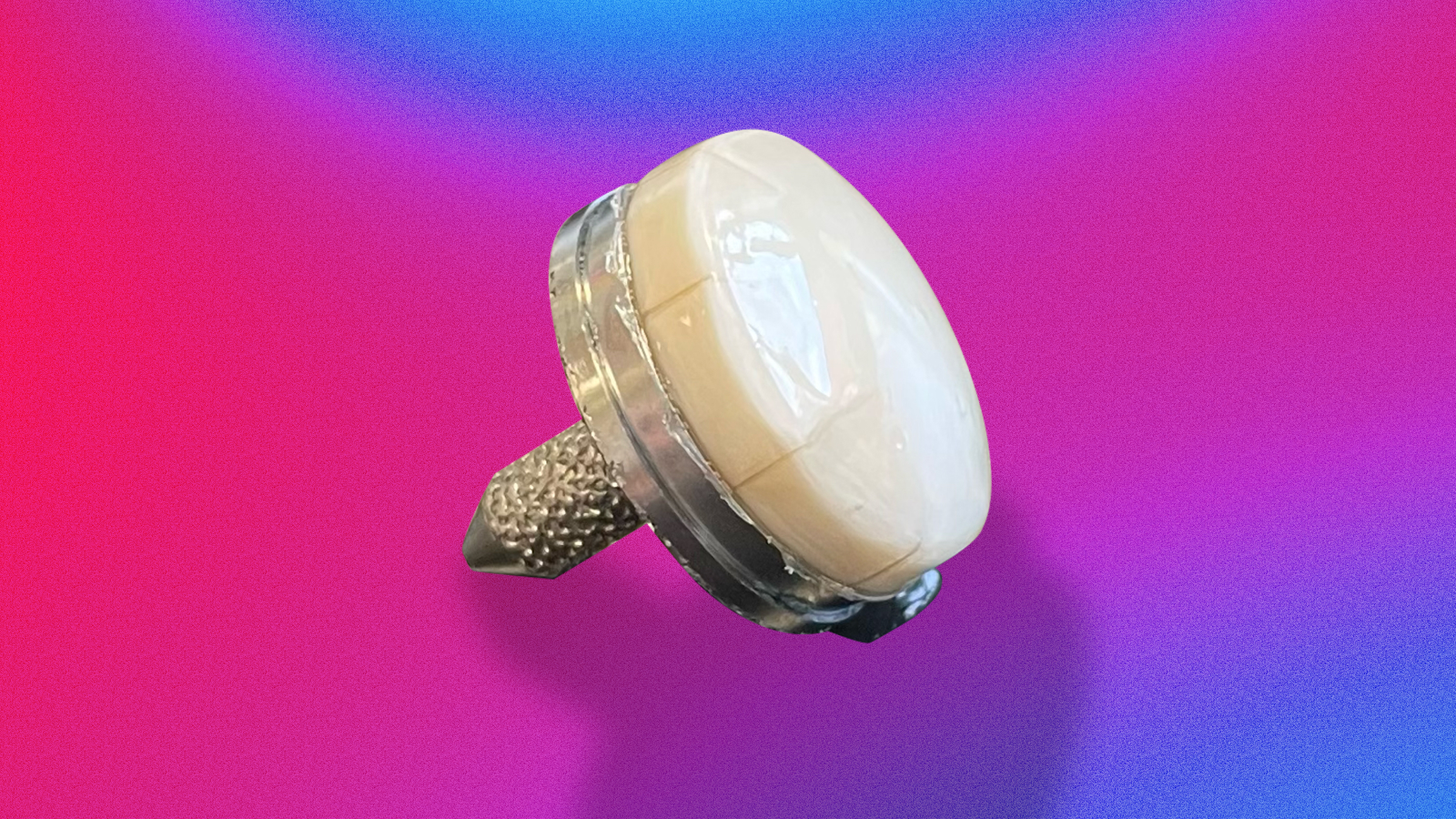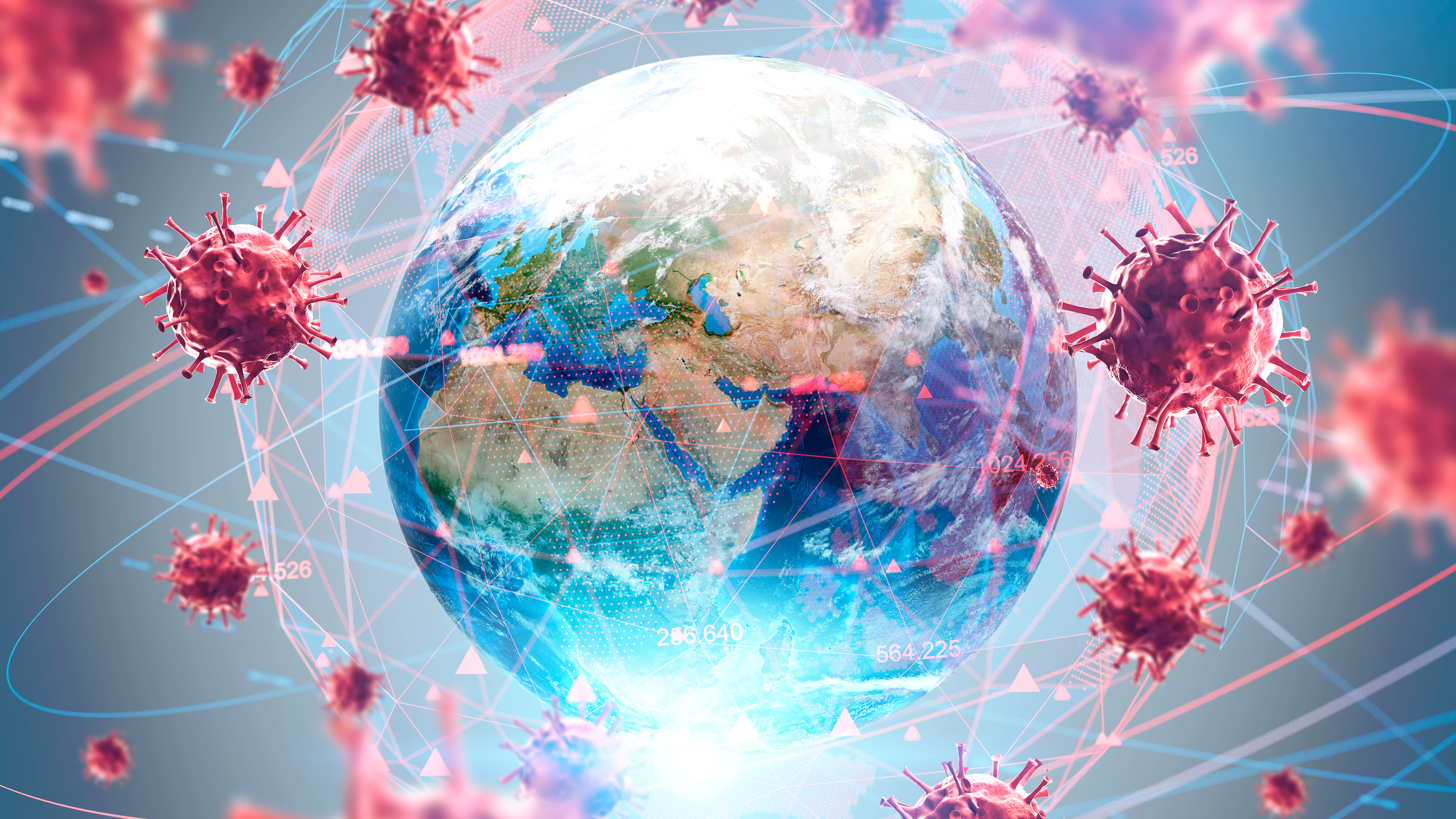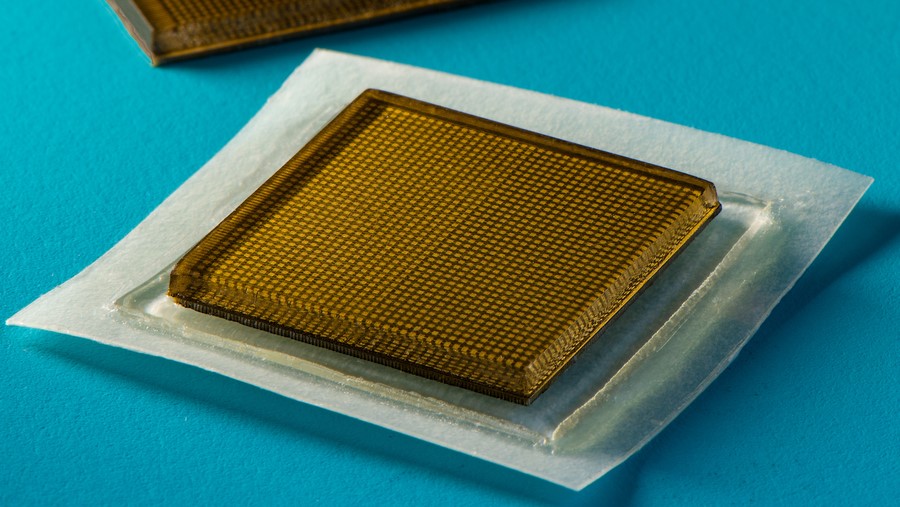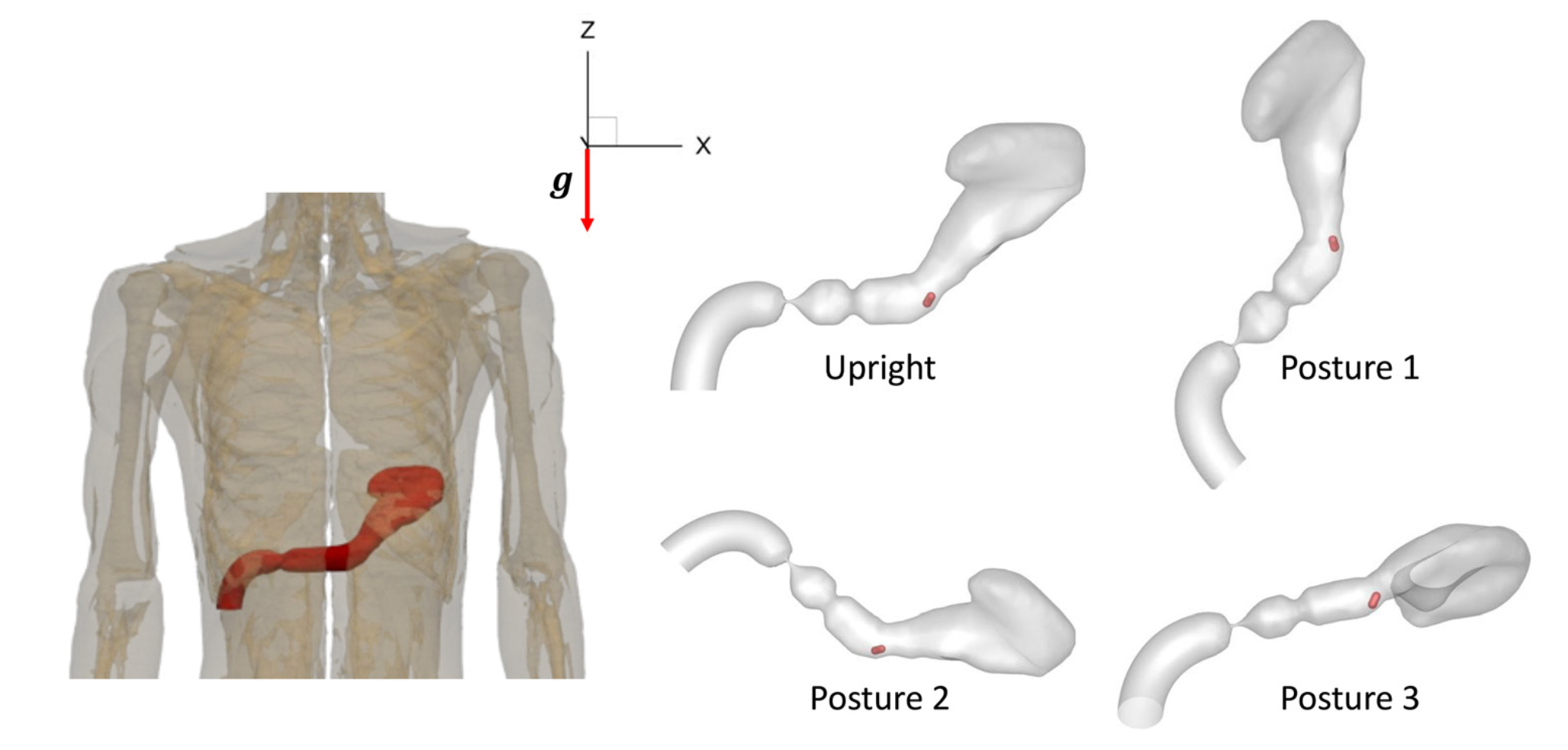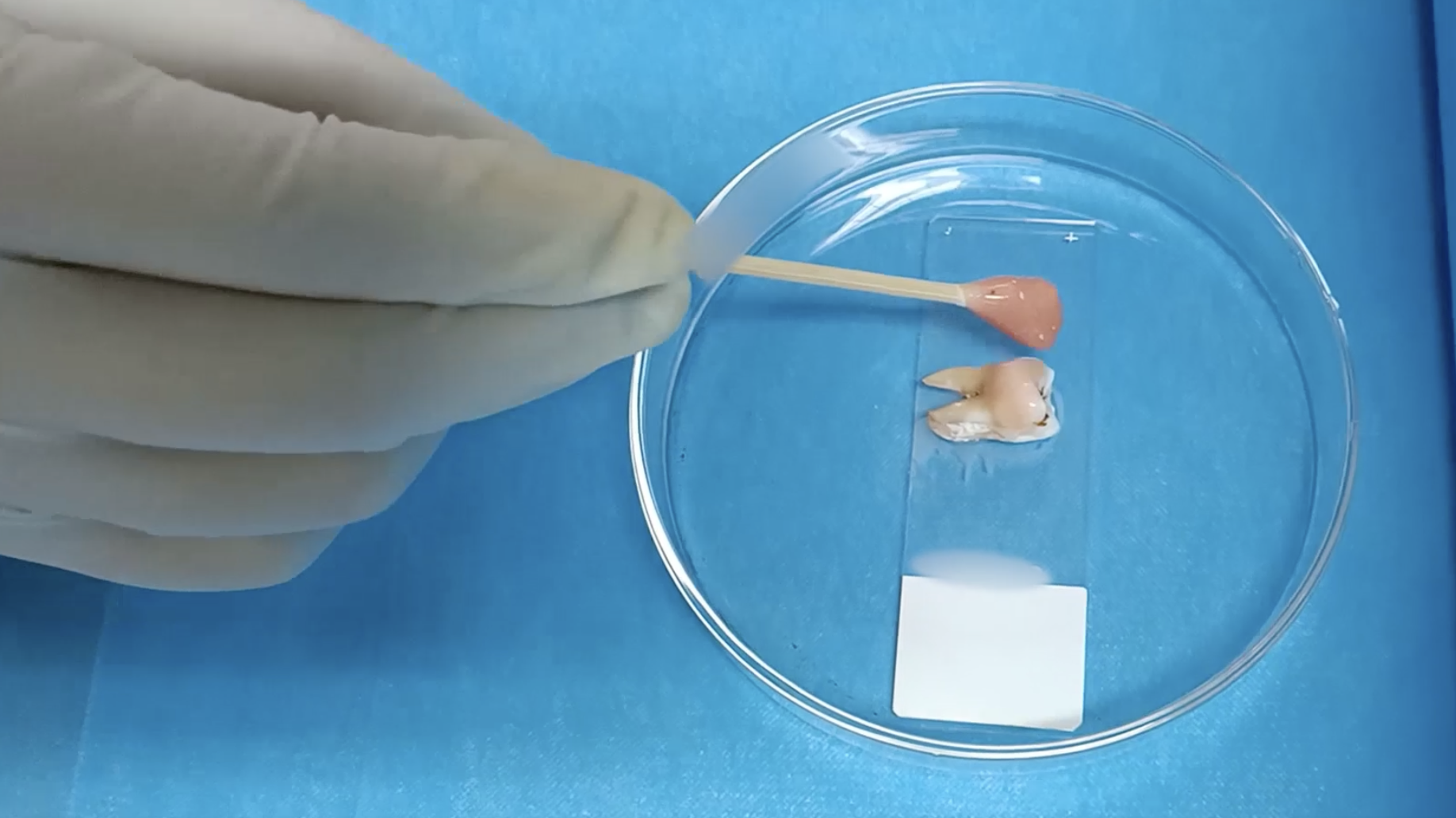Health
All Stories
The crabs’ blue blood contains an ancient immune defense mechanism that has helped save countless human lives.
People living in non-industrialized societies don’t get pimples.
The researchers and patients are excited to see if color vision will develop over time.
Fluphenazine, once used to treat schizophrenia, is capable of blocking a compound connected to chronic pain.
A medical entomologist points to metabolism, body odor, and mindset.
The new agency wants to push the boundaries of science and technology.
Just as human beings diversified so that people in Asia look different from people in Europe, so too did their microbiomes.
“We are what our bodies do with what we eat.”
These dissolvable pills aren’t meant to be swallowed, though.
These salamanders are helping unlock the mysteries of brain evolution and regeneration.
Certain cancers are striking earlier than they used to.
“Our risk-benefit analysis showed that benefits exceeded procedural risks… by up to 200 to 1.”
Only have sex with a person you love — a novel concept!
The spray uses snippets of DNA to gum up virus replication.
Living at a higher elevation is a double-edged sword.
HIV mutates rapidly, which has made the development of a vaccine an enormous challenge for decades. Finally, we might have one.
Athletes often use creatine to boost performance and aid muscle recovery. Accumulating evidence suggests it could also help with depression.
The AI test can be done every night at home while the person is asleep, without even touching their body.
We also don’t know how Tylenol works. But it does work.
By creating a type O kidney, they hope to make more organs available for transplant.
Salt causes a dehydration-like state that encourages the conversion of the starch in the french fry to fructose.
When we feel sick, it’s not just the pathogen to blame. Our brain cranks up the temperature, and the neurons responsible finally have been found.
Before anesthetics, some patients would die of the pain on the operating table.
The synthetic cartilage was made from cellulose fibers — the stuff found in wood — mixed with a goo called polyvinyl alcohol.
The antibodies elicited by the “S2 vaccine” not only neutralize COVID’s multiple strains but also coronaviruses that cause the common cold.
What are they and, more importantly, how do you get rid of them?
New stamp-sized ultrasound adhesives produce clear images of heart, lungs, and other internal organs.
If you want a medication to kick in faster, lean right.
He couldn’t identify the numbers 2 through 9. But strangely, he could still see ones and zeros.
When scientists tested this hydrogel on mice, they had cleaner teeth than most humans.




